Features

The Growing Risk Facing Our Greatest Export
To preserve the benefits that international education has afforded us, we must reverse the current trend of a diminishing share of international students seeking a U.S. education, write Gretchen Bataille and Brad Farnsworth.
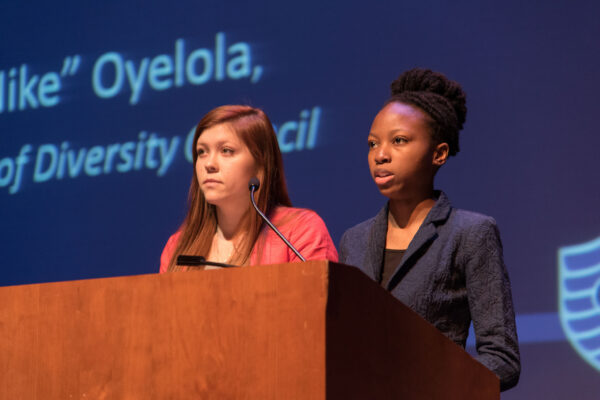
Higher Education Can Lead the Way Toward a More Tolerant Society
As Americans, we are privileged to have the world’s premier system of higher education, writes ACE’s Lorelle Espinosa. And as a laboratory for ideas and exchange, higher education can further lead the way to a more tolerant society through the actions of its leaders and the engagement of its whole community of learners.

Richmond Joins Effort to Recruit, Graduate More Lower-income Students
The University of Richmond is among the growing number of ACE member institutions participating in the American Talent Initiative, a program dedicated to substantially expanding opportunity and access for low- and moderate-income students. President Ronald Crutcher discusses the importance of committing to the ATI.
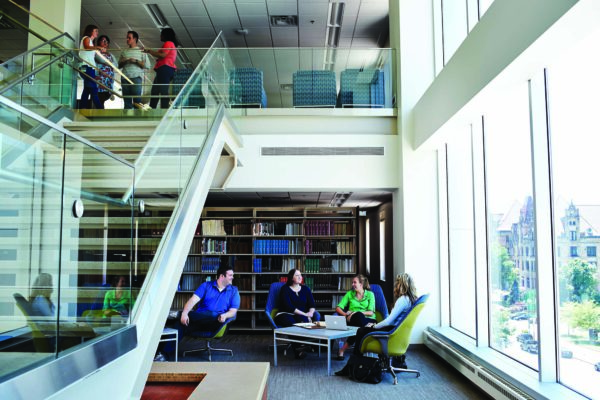
Higher Education Trends, Issues and U.S. Engagement in the Western Balkans
The Western Balkans region of Southeast Europe, encompassing the seven countries of Albania, Bosnia and Herzegovina, Croatia, Former Yugoslav Republic of Macedonia, Kosovo, Montenegro and Serbia), is still a largely overlooked part of Europe when it comes to higher education reform. Lucia Brajkovic looks at how capacity-building projects and international strategic partnerships play a crucial role in institutional change strategies at institutions in these countries.
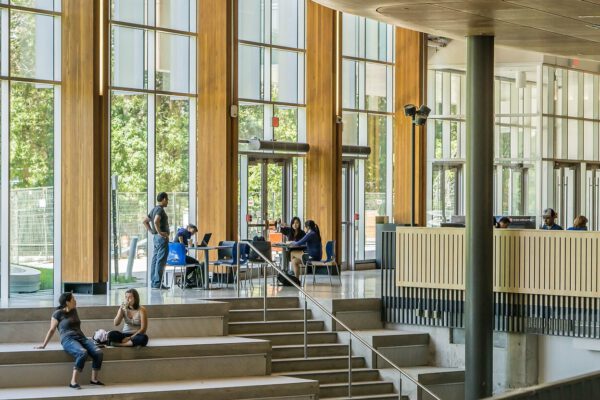
A Path Forward for Faculty in Higher Education
The American higher education system, despite its challenges, remains the envy of the world. But to meet the needs of future students and maintain its vaunted status, U.S. colleges and universities must address a few important dynamics. The TIAA Institute’s Stephanie Bell-Rose looks at the path forward.
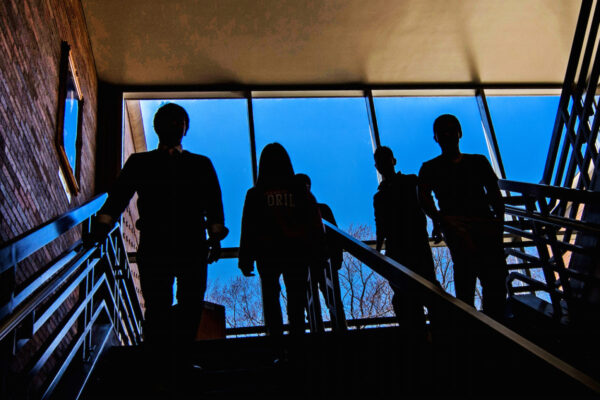
What Can Higher Education Expect From the Trump Administration?
The stunning election of Republican Donald J. Trump as the 45th president of the United States on Nov. 8 reverberated across campuses and here in Washington. Immediately people began to ask, “What does a Trump presidency mean for me and my institution?” ACE’s Jon Fansmith looks at the available evidence to see what the next four years might bring.

Budgeting for Institutional Success
When higher education leaders gather, no theme is more common—or as tension-filled—as budgeting. ACE Leadership Director Jim Sirianni looks at the budget models available to colleges and universities institutions, and the need to move forward together on a high-impact change when adopting a new model.
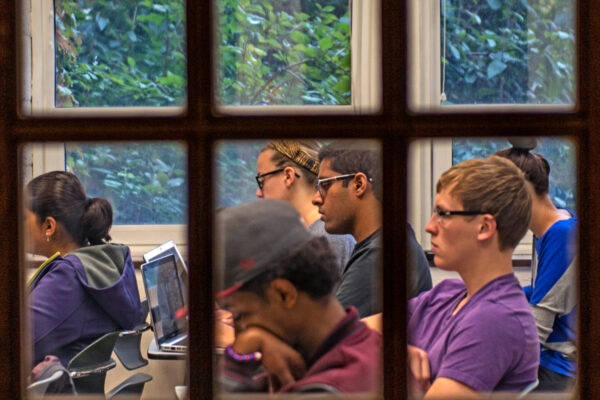
Access, Accessibility: The Future of Technology on Campus
In higher education, we tend to think of “access” in terms of a very specific set of issues. Predominantly, we use the term to talk about how low-income students or students from underrepresented groups enter higher education. But increasingly, there’s another kind of access that is drawing the attention of policymakers: access to postsecondary education for students with disabilities.
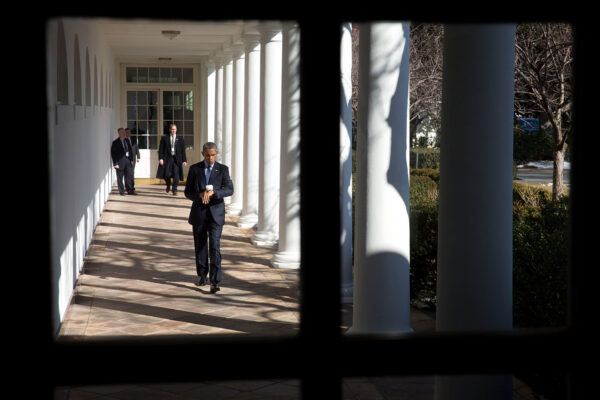
Legacy
As the new president takes office, it’s reasonable to assess the Obama administration’s higher education record and to ask what its legacy will be and how long it will last. In a preview of the Winter 2016 edition of The Presidency, ACE Senior Vice President Terry W. Hartle outlines five fundamental ways federal higher education policy has changed over the last eight years.

Discovering Hidden Barriers to Community College Enrollment and Success
When students apply to a community college, they expect enrollment to be a clear, orderly process. Unfortunately, for far too many students, it feels more like a maze, full of unknown steps, unfamiliar terminology and unexpected delays.
David Bevevino of the Education Advisory Board looks at how community college student onboarding is like a game of Chutes and Ladders—and what institutions can do to change it.

Shared Governance, Shared Responsibility: One CAO’s Lessons Learned
In many ways, these are times of upheaval in American higher education. Operating assumptions that institutions have relied upon to guide practice seem no longer to be reliably practical or even wise. Birmingham-Southern College (AL) Provost Michelle Behr shares tips culled from BSC’s experience with engaging faculty to help address the challenges facing their college.
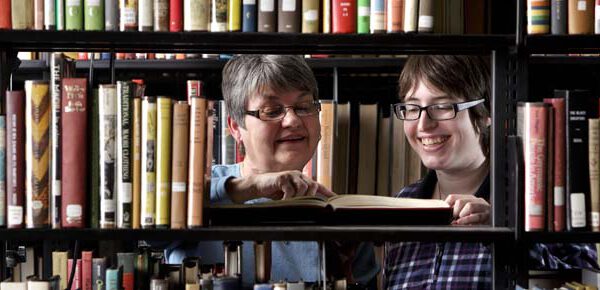
What Should Boards Know About Teaching?
The Association of Governing Boards’ Trusteeship Magazine recently asked Kevin P. Reilly, president emeritus and Regent Professor at the University of Wisconsin System, about his work with the new national teacher training and credentialing program spearheaded by ACUE and ACE, and why it’s so important that boards understand what good teaching is and how to promote it on their campuses.